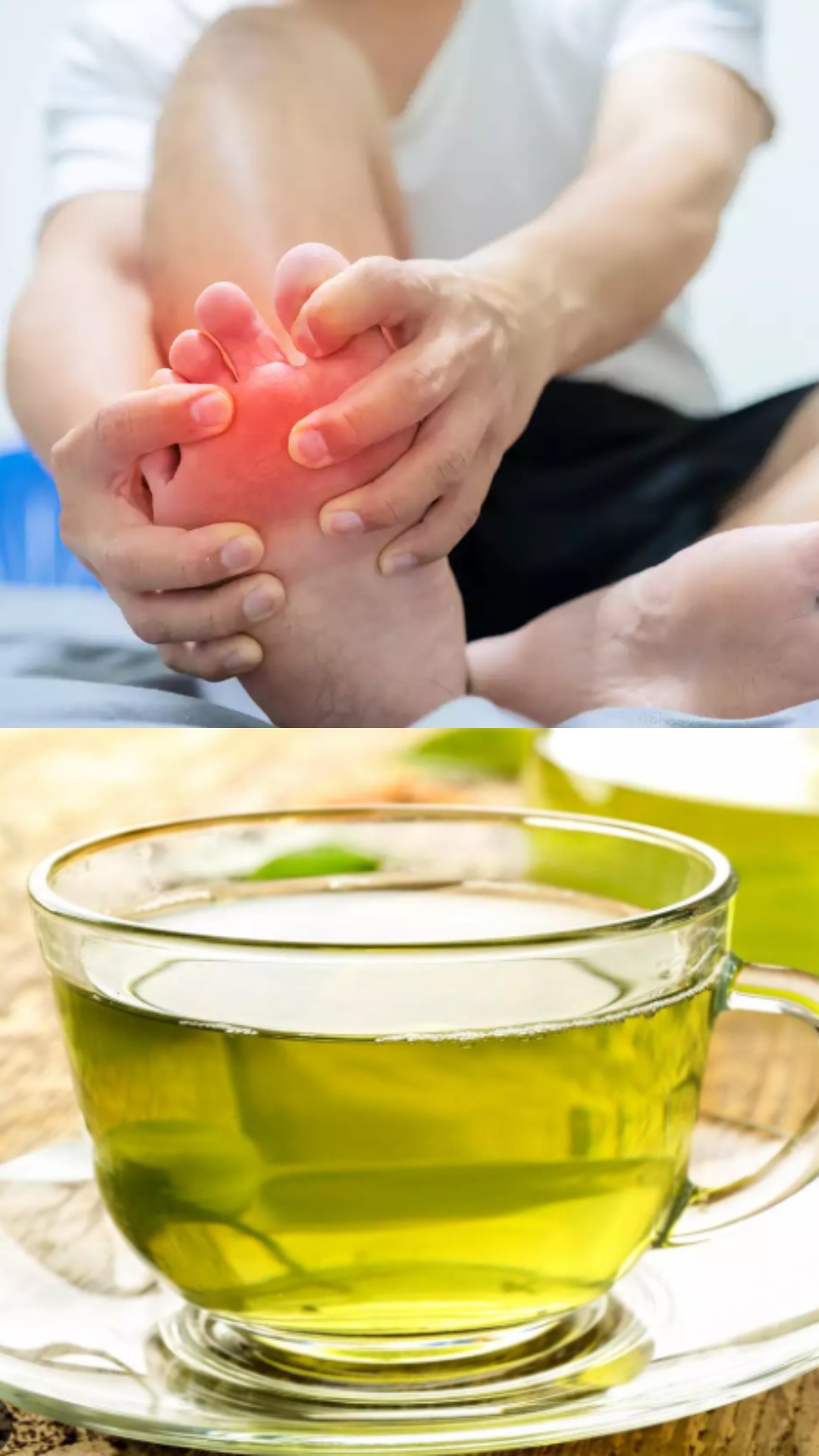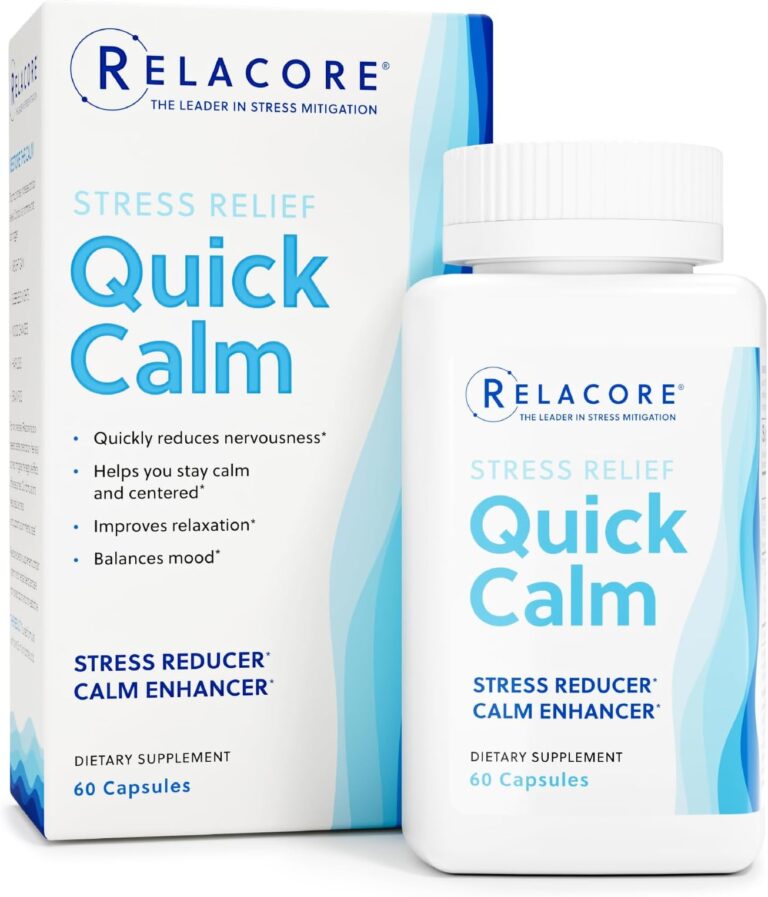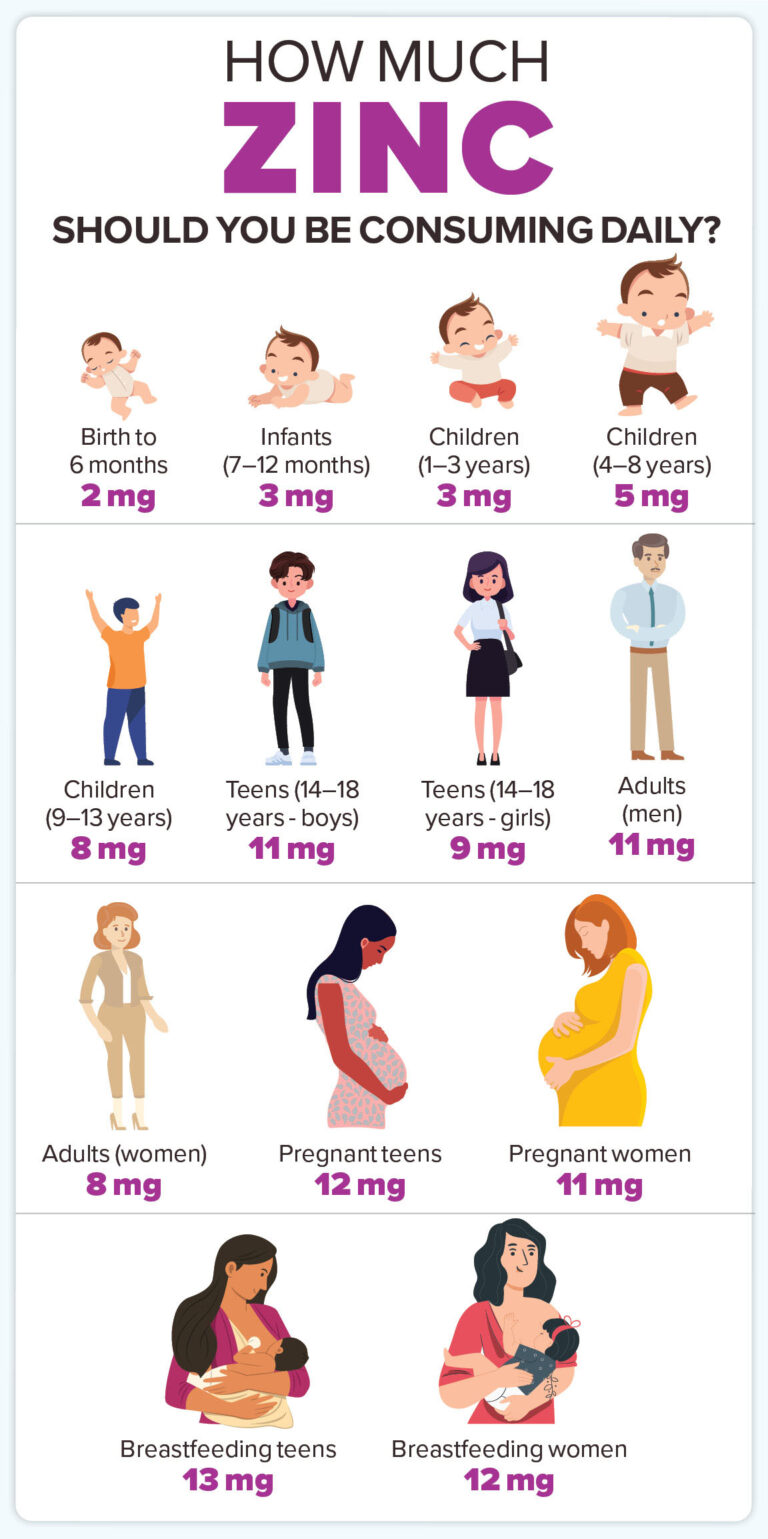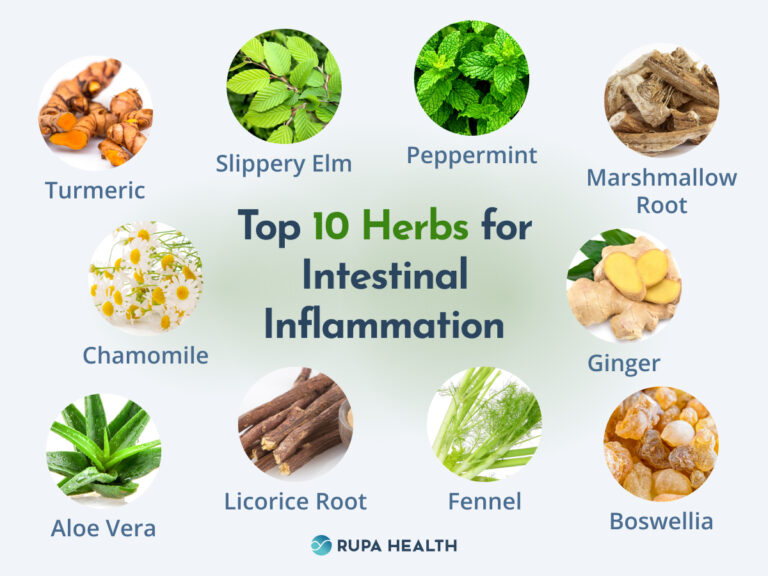The Nectar of Relief: Navigating Gout Management Through the Lens of Our Daily Brews
The searing, unrelenting agony of a gout flare is a torment etched into the memory of anyone who has experienced it. A joint, most commonly the big toe, transforms into a throbbing, inflamed battlefield, making even the lightest touch unbearable. For centuries, gout was dubbed "the disease of kings," a testament to its perceived link with opulent diets rich in meat and alcohol. While modern understanding has broadened our perspective, revealing a complex interplay of genetics, lifestyle, and metabolism, the quest for relief and prevention remains a deeply personal journey for millions.
Beyond the prescribed medications and the dietary restrictions, a quieter conversation has begun to emerge in the scientific literature and patient communities: the profound, yet often underestimated, role of our daily beverages. Can the simple act of choosing one drink over another truly influence the trajectory of this insidious disease? Is the morning ritual of coffee a secret weapon, or could a calming cup of tea offer more solace? And what of the ubiquitous glass of water, or the seemingly innocuous fruit juice?
This article delves into the fascinating, sometimes contradictory, world of beverages and their impact on uric acid control and gout management. We will explore the scientific underpinnings, unravel the myths, and offer a nuanced perspective for the knowledgeable individual seeking to empower themselves through informed choices. Our journey will not just be a recitation of facts, but a narrative woven through the complexities of human metabolism, the evolution of scientific understanding, and the very personal quest for well-being.
The Gout Imperative: Understanding the Enemy Within
Before we plunge into the specifics of coffee, tea, and other libations, it’s crucial to first understand the enemy: uric acid. Gout is a form of inflammatory arthritis characterized by recurrent attacks of acute inflammatory arthritis, often affecting a single joint. It is caused by elevated levels of uric acid in the blood, a condition known as hyperuricemia. When uric acid concentrations become too high, it can crystallize into needle-like monosodium urate crystals, which then deposit in joints, tendons, and surrounding tissues, triggering an intense immune response.
Uric acid is a natural waste product formed from the breakdown of purines, compounds found in our cells and in many foods. Normally, the body maintains a delicate balance: purines are metabolized into uric acid, which is then dissolved in the blood, filtered by the kidneys, and excreted in urine. However, this balance can be disrupted. Either the body produces too much uric acid (often due to genetic predisposition, high purine intake, or certain metabolic conditions), or the kidneys fail to excrete enough of it (the more common scenario), leading to hyperuricemia.
Traditional gout management focuses on two main pillars: treating acute flares with anti-inflammatory medications like NSAIDs, colchicine, or corticosteroids, and long-term prevention of future attacks by lowering uric acid levels, primarily through urate-lowering therapies (ULTs) such as allopurinol or febuxostat. Diet and lifestyle modifications, including managing weight, avoiding high-purine foods, and limiting alcohol, are also foundational components. But within this framework, where do beverages fit? Are they mere adjuncts, or do some hold the potential for more significant impact?
The Coffee Conundrum: Friend or Foe to the Gout Sufferer?
For decades, the advice to gout patients regarding coffee was often cautious, bordering on prohibitive. The concern stemmed from coffee’s purine content and its diuretic effect, which some feared could exacerbate dehydration and crystal formation. However, modern scientific inquiry has not only debunked these long-held assumptions but has also begun to paint a surprisingly positive picture of coffee’s role in gout management.
The story of coffee and gout is a compelling example of how scientific understanding evolves, challenging conventional wisdom with rigorous epidemiological studies and biochemical insights. The groundbreaking research largely began with the Nurses’ Health Study and the Health Professionals Follow-Up Study, large prospective cohorts that tracked the health and lifestyle of hundreds of thousands of individuals over many years.
In 2007, a landmark study published in Arthritis & Rheumatism analyzed data from over 45,000 men with no history of gout, finding a significant inverse association between coffee consumption and the risk of developing gout. Men who drank 4-5 cups of coffee per day had a 40% lower risk, while those consuming 6 or more cups daily saw a 59% reduction compared to non-coffee drinkers. Decaffeinated coffee also showed a protective effect, albeit a more modest one (a 23% reduction for those drinking 4 or more cups daily). Similar findings have been replicated in women and various other populations, solidifying coffee’s reputation as a potential ally.
But how does it work? The proposed mechanisms are multi-faceted and intriguing:
- Xanthine Oxidase Inhibition: Coffee contains compounds, particularly chlorogenic acid and quinides, which are potent antioxidants and may act as mild inhibitors of xanthine oxidase. Xanthine oxidase is the enzyme responsible for converting purines into uric acid. By partially inhibiting this enzyme, coffee could theoretically reduce uric acid production.
- Increased Uric Acid Excretion: Some research suggests that coffee consumption may increase the renal excretion of uric acid, helping the kidneys to flush out excess urate more efficiently. This uricosuric effect, while not as potent as pharmaceutical agents, could contribute to maintaining lower serum uric acid levels over time.
- Insulin Sensitivity and Glucose Metabolism: Coffee, especially caffeinated varieties, has been linked to improved insulin sensitivity. Insulin resistance is a common comorbidity with hyperuricemia and gout, as high insulin levels can impair renal uric acid excretion. By improving insulin sensitivity, coffee might indirectly support better uric acid control.
- Anti-inflammatory Effects: Beyond its direct impact on uric acid, coffee is rich in polyphenols and other bioactive compounds with significant anti-inflammatory properties. Given that gout is fundamentally an inflammatory disease, these systemic anti-inflammatory effects could potentially reduce the frequency or severity of flares, even if they don’t directly lower uric acid.
The Nuance and Practical Considerations:
While the evidence for coffee’s protective role is compelling, it’s not a license to overindulge or a substitute for prescribed ULTs.
- Moderation is Key: The studies suggesting benefit often point to moderate to high consumption (4-6+ cups/day). However, individual tolerance to caffeine varies widely. Excessive caffeine can lead to anxiety, insomnia, and palpitations.
- The Unsweetened Truth: The benefits attributed to coffee are for black coffee. The addition of sugar, high-fructose corn syrup, or large amounts of cream can negate the positive effects and introduce new risks. Sugary beverages are a significant risk factor for gout (more on this later).
- Hydration: While coffee is a mild diuretic, it contributes to overall fluid intake. As long as overall hydration is maintained, the diuretic effect is unlikely to be detrimental.
- Individual Variability: What works for one person might not work for another. Genetic factors influencing caffeine metabolism and uric acid handling play a role.
For many gout sufferers, the morning cup of coffee can be enjoyed without guilt, and perhaps even with a sense of quiet confidence, knowing that this daily ritual may contribute positively to their long-term health. The story of coffee and gout is one of scientific vindication, transforming a suspected foe into a potential friend.
The Tea Tapestry: A Spectrum of Support
If coffee has emerged as a surprising ally, then tea, with its ancient lineage as a medicinal beverage, might seem a more intuitive candidate for gout management. Indeed, various types of tea – green, black, and herbal – offer a diverse array of bioactive compounds that can contribute to overall health and potentially influence uric acid levels and inflammation.
Green Tea: The Catechin Champion
Green tea, minimally processed and rich in catechins, particularly epigallocatechin gallate (EGCG), has garnered significant attention for its health benefits. Like coffee, green tea shares some common ground in its potential mechanisms for gout control:
- Xanthine Oxidase Inhibition: EGCG and other catechins in green tea have demonstrated xanthine oxidase inhibitory activity in laboratory studies. This means they could, in theory, reduce the production of uric acid, similar to how allopurinol works, though to a much milder degree.
- Antioxidant and Anti-inflammatory Power: Green tea is a powerhouse of antioxidants. The chronic inflammation associated with gout, even between flares, can benefit from systemic anti-inflammatory compounds. EGCG is a well-known anti-inflammatory agent, which could help modulate the immune response triggered by urate crystals.
- Improved Metabolic Health: Like coffee, green tea consumption has been linked to improved insulin sensitivity and better weight management, both of which are beneficial for gout patients.
While human studies specifically on green tea and gout risk are not as extensive or conclusive as those for coffee, the existing evidence for its biochemical actions and overall metabolic benefits suggests it is a highly beneficial beverage for gout sufferers.
Black Tea: A Familiar Comfort with Benefits
Black tea, which undergoes more oxidation than green tea, develops different polyphenols, such as theaflavins and thearubigins. While its EGCG content is lower, black tea still possesses significant antioxidant and anti-inflammatory properties.
- Antioxidant Capacity: Black tea’s polyphenols contribute to its high antioxidant capacity, which can help combat oxidative stress often elevated in individuals with hyperuricemia and gout.
- Cardiovascular Health: Regular consumption of black tea is associated with improved cardiovascular health, a crucial consideration for gout patients who often have co-existing conditions like hypertension and heart disease.
The direct impact of black tea on uric acid levels has been less studied than green tea or coffee. However, its overall health benefits make it a sensible choice for those managing gout, especially when consumed plain.
Herbal Teas: A World of Possibilities
The realm of herbal teas opens up a vast landscape of potential benefits, though scientific evidence for specific gout applications can be more anecdotal or limited to in vitro/animal studies.
- Tart Cherry Tea: While tart cherry juice is the star player (discussed below), dried tart cherries can be steeped to make a tea. The anthocyanins in tart cherries are potent anti-inflammatory agents and have been shown to lower uric acid in some studies.
- Ginger Tea: Ginger is a well-known anti-inflammatory and analgesic herb. While not directly lowering uric acid, ginger tea could potentially help manage the inflammatory symptoms associated with gout flares.
- Turmeric Tea: Curcumin, the active compound in turmeric, is a powerful anti-inflammatory and antioxidant. Like ginger, it’s more likely to help with the inflammatory aspect of gout rather than directly reducing uric acid.
- Hibiscus Tea: Some research suggests hibiscus tea may have mild diuretic and uricosuric properties, potentially aiding in uric acid excretion. It’s also known for its blood pressure-lowering effects, which can be beneficial for gout patients with hypertension.
The Nuance and Practical Considerations for Tea:
- Unsweetened is Best: As with coffee, adding sugar or high-fructose sweeteners negates the health benefits and contributes to gout risk.
- Caffeine Content: Green and black teas contain caffeine, though generally less than coffee. Herbal teas are typically caffeine-free. Be mindful of caffeine intake if sensitive.
- Quality Matters: Choose high-quality, pure teas without artificial flavorings or additives.
- Individual Response: The effects of herbal teas can be highly individual. Always consult with a healthcare professional, especially if taking medications, as some herbs can interact.
The story of tea and gout is one of gentle support, offering a variety of options that can contribute to an anti-inflammatory lifestyle and potentially assist in the complex dance of uric acid regulation. It’s a testament to the wisdom embedded in nature’s bounty, waiting to be brewed and enjoyed.
The Hydration Foundation: Water, The Unsung Hero
Amidst the captivating discussions of coffee’s biochemical wizardry and tea’s botanical tapestry, it’s easy to overlook the simplest, yet arguably most critical, beverage for gout management: water. Water is not just a drink; it is the very medium of life, and for someone managing gout, adequate hydration is a foundational pillar of prevention.
The Mechanisms of Water’s Power:
- Uric Acid Excretion: The kidneys are the primary organs responsible for filtering uric acid from the blood and excreting it in urine. Sufficient water intake ensures that the kidneys can perform this function optimally. When you’re well-hydrated, urine volume increases, which helps to dilute uric acid and facilitate its excretion, preventing it from concentrating and crystallizing.
- Preventing Crystal Formation: Dehydration leads to more concentrated bodily fluids. In the context of hyperuricemia, this means higher concentrations of uric acid in the blood and urine, increasing the likelihood of monosodium urate crystal formation in the joints and kidneys (where they can form kidney stones).
- Joint Health: While not directly related to uric acid, adequate hydration is crucial for overall joint health. Synovial fluid, which lubricates joints, is primarily water. Maintaining its volume and viscosity helps cushion joints and reduces friction, which is particularly important for joints already susceptible to inflammation.
- Flushing Toxins: Beyond uric acid, water helps the body flush out other metabolic waste products and toxins, supporting overall cellular and organ health.
How Much Water is Enough?
The classic recommendation of "eight glasses a day" is a good starting point, but individual needs vary based on activity level, climate, body size, and health status.
- Listen to Your Body: Thirst is a primary indicator.
- Urine Color: Pale yellow urine typically indicates good hydration. Darker urine suggests you need to drink more.
- Increase During Flares: During a gout flare, or if you feel one coming on, increasing water intake is particularly important to help flush out uric acid and potentially reduce the severity of the attack.
- Steady Intake: Sip water consistently throughout the day rather than trying to chug large amounts at once.
The story of water and gout is not dramatic or complex; it is one of fundamental biological necessity. It reminds us that sometimes, the most profound solutions are the simplest, accessible to all, and require nothing more than conscious effort. For the gout patient, water is not just hydration; it is a continuous, gentle detoxifier and a vital guardian against the microscopic siege of urate crystals.
The Sweet Poison and The Fermented Foe: Beverages to Limit or Avoid
While coffee, tea, and water offer varying degrees of benefit, there are certain beverages that stand as clear antagonists in the battle against gout. These are not merely neutral choices; they actively contribute to hyperuricemia and increase the risk of flares. Understanding their mechanisms is crucial for informed decision-making.
1. Sugary Drinks: The Fructose Fiend
Perhaps the most potent dietary trigger for gout, beyond organ meats and shellfish, is the seemingly innocent sugary drink. This includes:
- Soft Drinks/Sodas: Especially those sweetened with high-fructose corn syrup.
- Fruit Juices: Even "100% natural" fruit juices, despite their vitamin content, are concentrated sources of fructose without the mitigating fiber of whole fruit.
- Sweetened Teas and Coffees: Any beverage with added sugar, particularly fructose.
The Fructose Pathway to Hyperuricemia:
The metabolic pathway of fructose is unique and directly implicated in uric acid production.
- ATP Depletion: Unlike glucose, which is primarily metabolized for energy, fructose metabolism bypasses a key regulatory step and directly enters the liver’s metabolic pathway. This rapid metabolism consumes adenosine triphosphate (ATP), the body’s energy currency, at an accelerated rate.
- AMP to Uric Acid: The depletion of ATP leads to an accumulation of adenosine monophosphate (AMP). AMP is then rapidly degraded, eventually converting into hypoxanthine, xanthine, and finally, uric acid, via the xanthine oxidase enzyme. This essentially provides a direct substrate for uric acid production.
- Reduced Uric Acid Excretion: Fructose consumption also appears to interfere with the kidneys’ ability to excrete uric acid, further exacerbating hyperuricemia.
- Insulin Resistance and Obesity: Chronic high fructose intake contributes to insulin resistance, visceral obesity, and metabolic syndrome—all conditions strongly associated with higher uric acid levels and an increased risk of gout.
Numerous studies have confirmed a strong, dose-dependent relationship between the consumption of sugar-sweetened beverages (SSBs) and the risk of gout. The risk is significantly higher than that associated with even high-purine foods. For the gout patient, eliminating SSBs and significantly limiting fruit juices is one of the most impactful dietary changes they can make.
2. Alcohol: The Triple Threat
Alcohol has long been recognized as a major risk factor for gout flares, and for good reason. It poses a triple threat to uric acid balance:
- Increased Uric Acid Production: Alcohol metabolism, particularly that of ethanol, leads to the production of lactate. Lactate competes with uric acid for excretion by the kidneys, effectively reducing the amount of uric acid the kidneys can eliminate. Moreover, alcohol itself can increase purine breakdown, thus increasing uric acid production.
- Dehydration: Alcohol is a diuretic, meaning it promotes fluid loss and can lead to dehydration. As discussed with water, dehydration concentrates uric acid in the blood and urine, making crystal formation more likely.
- Purine Content (Especially Beer):
- Beer: This is often considered the worst offender among alcoholic beverages for gout. It contains significant amounts of guanosine, a purine-rich compound derived from brewer’s yeast, which directly contributes to the body’s purine load and subsequent uric acid production.
- Spirits: While generally lower in purines than beer, spirits still exert the detrimental effects of alcohol metabolism and dehydration, increasing uric acid levels.
- Wine: The relationship between wine and gout is less clear-cut than with beer or spirits. Some studies suggest a weaker association or even a neutral effect with moderate wine consumption, while others still show an increased risk. The anthocyanins in red wine may offer some antioxidant benefits, but these are generally outweighed by the detrimental effects of alcohol in susceptible individuals.
The Bottom Line on Alcohol: For individuals with gout, the safest approach is to significantly limit or completely avoid alcohol, especially during flares or if uric acid levels are poorly controlled. If consumed, moderation is paramount, and beer should be avoided due to its high purine content.
The story of sugary drinks and alcohol in gout is a cautionary tale, underscoring the critical importance of understanding metabolic pathways. These beverages are not just empty calories; they are active agents that can disrupt the body’s delicate uric acid balance, paving the way for pain and chronic disease.
The Dairy Dilemma and the Vitamin C Conundrum
Beyond the clear heroes and villains, other beverages and their components hold more nuanced roles in gout management.
Low-Fat Dairy: A Protective Paradox?
Interestingly, low-fat dairy products have consistently been associated with a reduced risk of gout.
-
Proposed Mechanisms: The exact mechanisms are not fully understood but may involve:
- Casein and Whey Proteins: These milk proteins are thought to enhance uric acid excretion by the kidneys.
- Orotic Acid: A compound found in milk, orotic acid, has been shown in some studies to have a uricosuric effect.
- Anti-inflammatory Peptides: Dairy proteins may contain bioactive peptides with anti-inflammatory properties.
-
Practical Application: Incorporating low-fat milk, yogurt, or other dairy products into the diet can be a beneficial strategy for gout patients, provided they are not lactose intolerant or have other dietary restrictions. It’s a gentle protective measure rather than a potent treatment.
Vitamin C: A Mild Uricosuric Effect
Vitamin C (ascorbic acid) has been shown to have a mild uricosuric effect, meaning it can help the kidneys excrete more uric acid.
- Studies: Large epidemiological studies have shown that higher intake of vitamin C (both from diet and supplements) is associated with lower serum uric acid levels and a reduced risk of gout.
- Beverage Context: While vitamin C can be obtained from certain fruit juices (e.g., orange juice), the high fructose content of these juices often negates any potential benefit. Therefore, consuming whole fruits rich in vitamin C (like berries, citrus fruits eaten whole) or considering a moderate vitamin C supplement (e.g., 500 mg per day) is a more prudent approach than relying on sugary juices.
- Limitations: Vitamin C’s effect on uric acid is modest compared to prescription medications and is not sufficient as a standalone treatment for established hyperuricemia or gout.
The story of dairy and Vitamin C highlights the subtle yet significant contributions that certain dietary components can make. They are not miraculous cures, but rather supportive elements in a holistic management strategy.
Crafting Your Gout-Friendly Beverage Strategy: A Personalized Journey
The journey through the world of beverages and gout reveals a complex tapestry of science, tradition, and personal choice. There are no one-size-fits-all answers, but rather a framework for informed decision-making. For the knowledgeable individual managing gout, the goal is not just to avoid triggers, but to actively incorporate beverages that support overall health and uric acid control.
Here’s how to craft your personalized gout-friendly beverage strategy:
- Prioritize Water Above All Else: This is the non-negotiable foundation. Aim for consistent, adequate hydration throughout the day. Make water your primary drink.
- Embrace Coffee and Tea (Unsweetened):
- Coffee: If you enjoy coffee and tolerate caffeine, regular consumption (3-6 cups/day, black) may offer protective benefits against gout risk and flares.
- Green/Black Tea: Excellent choices for their antioxidant and anti-inflammatory properties. Again, always unsweetened.
- Herbal Teas: Explore options like ginger, turmeric, or hibiscus for general well-being and anti-inflammatory support. Consider tart cherry juice as a specific intervention rather than relying solely on cherry tea.
- Reconsider Tart Cherry Juice: Emerging evidence supports tart cherry juice (or concentrate) for its potential to lower uric acid and reduce flare frequency. Choose unsweetened varieties and be mindful of the natural sugar content.
- Incorporate Low-Fat Dairy: If suitable for your diet, low-fat milk and dairy products can contribute to a reduced gout risk.
- Strictly Limit or Avoid Sugary Drinks: This is paramount. Soft drinks, fruit juices (even "natural" ones), and heavily sweetened beverages are significant risk factors due to their fructose content.
- Severely Restrict or Abstain from Alcohol: Especially beer and spirits. Wine’s impact is less severe but still warrants caution. During flares, complete abstinence is advisable.
- Be Mindful of Mixers: When ordering drinks (alcoholic or non-alcoholic), be aware of the sugar content in mixers. Opt for water, soda water, or unsweetened options.
- Consult Your Healthcare Provider: Before making significant dietary changes, especially if you are on medications, always consult with your doctor or a registered dietitian. They can provide personalized advice based on your specific health profile, medication regimen, and dietary needs.
- Listen to Your Body: Pay attention to how different beverages affect you. Keep a log if necessary. Individual responses can vary.
The story of gout is often one of frustration and pain, but it doesn’t have to be. By understanding the intricate connections between our daily choices and our physiological well-being, we can transform passive suffering into active empowerment. The beverages we choose, far from being trivial, can be powerful allies in the ongoing quest for uric acid control and a life free from the tyranny of gout flares. It’s a story of small sips leading to significant shifts, proving that even in the simplest of rituals, profound health benefits can be found. The nectar of relief may indeed be just a mindful drink away.







